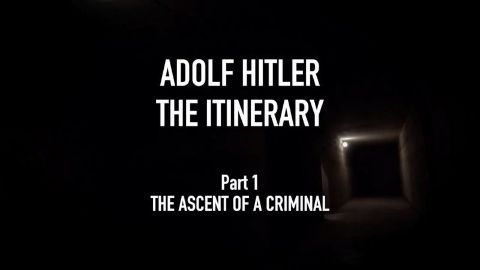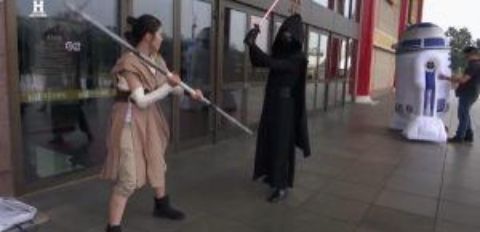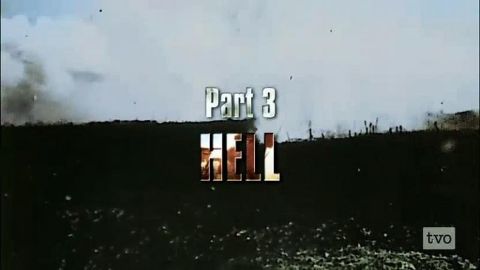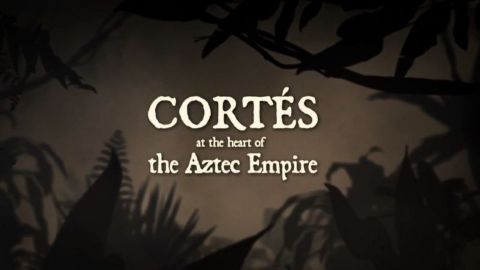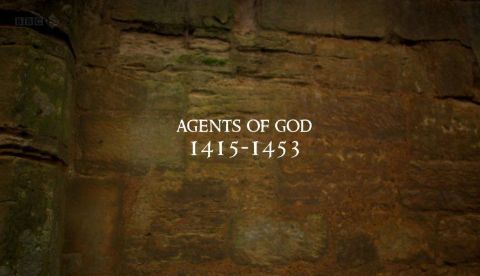Korea: The Never Ending War • 2019
Between 1950 and 1953, more than 24 nations sent troops to Korea as the opposing ambitions and ideologies of the emerging Cold War superpowers - China, Russia and the USA - fought for supremacy on the peninsula. With first-hand testimony and new historical material, Korea: The Never Ending War retraces the history of a conflict that resulted in millions of deaths, brought the world to the brink of nuclear war, and continues to shape history to this day. The 1953 armistice brought a fragile peace to the Korean Peninsula, but the war has never officially ended and deep divisions - and the threat of nuclear conflict - remain.
Make a donation
Buy a brother a hot coffee? Or a cold beer?
Hope you're finding these documentaries fascinating and eye-opening. It's just me, working hard behind the scenes to bring you this enriching content.
Running and maintaining a website like this takes time and resources. That's why I'm reaching out to you. If you appreciate what I do and would like to support my efforts, would you consider "buying me a coffee"?
Donation addresses
BTC: bc1q8ldskxh4x9qnddhcrgcun8rtvddeldm2a07r2v
ETH: 0x5CCAAA1afc5c5D814129d99277dDb5A979672116
With your donation through , you can show your appreciation and help me keep this project going. Every contribution, no matter how small, makes a significant impact. It goes directly towards covering server costs.
